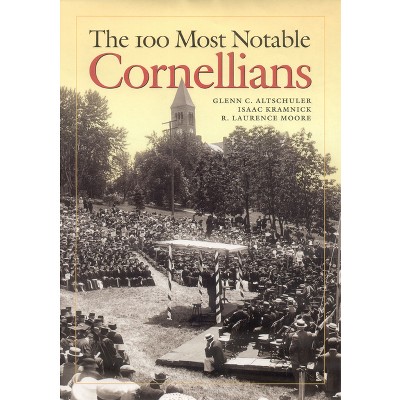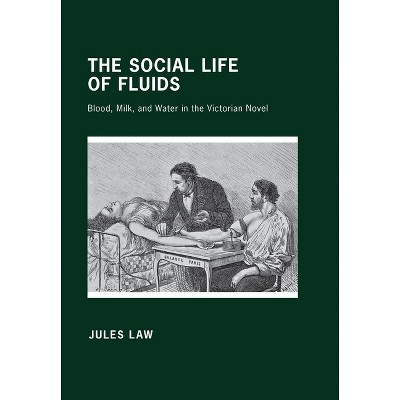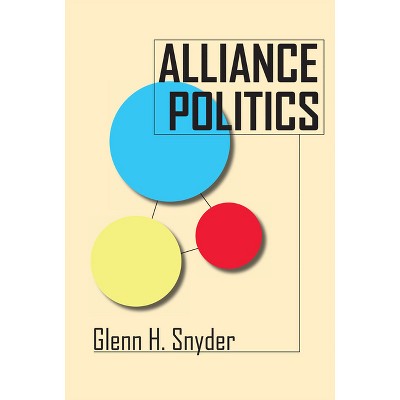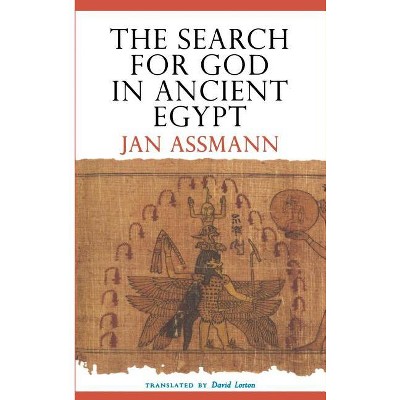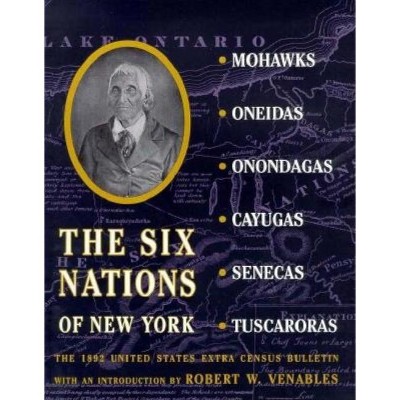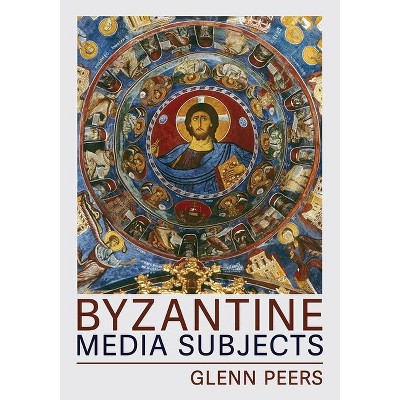Revivalism, Social Conscience, and Community in the Burned-Over District - by Glenn C Altschuler & Jan M Saltzgaber (Paperback)

About this item
Highlights
- In 1843 in Seneca Falls, New York, Rhonda Bement was brought before a disciplinary trial at her church, the First Presbyterian Church, charged with "unchristian and unladylike" behavior.
- About the Author: Glenn C. Altschuler is Vice President for University Relations, Dean of the School of Continuing Education and Summer Sessions, Thomas and Dorothy Litwin Professor of American Studies, and a Weiss Presidential Fellow at Cornell University.
- 184 Pages
- Religion + Beliefs, Christianity
Description
About the Book
The transcript of a disciplinary trial that took place at the First Presbyterian Church in Seneca Fall, New York, in 1843, over Rhonda Bement's challenge to her church's stance on abolitionism.
Book Synopsis
In 1843 in Seneca Falls, New York, Rhonda Bement was brought before a disciplinary trial at her church, the First Presbyterian Church, charged with "unchristian and unladylike" behavior. Her transgression was to challenge the authority and integrity of her minister because he had refused to read to the congregation her announcement about abolitionist lectures taking place in the village, and she was eventually excommunicated. The transcript of her trial is the centerpiece of Revivalism, Social Conscience, and Community in the Burned-Over District, which presents through the testimonies of the witnesses the tensions between organized religion and the reform movements of abolitionism, temperance, and women's rights that were sweeping the country in this period.
The book is divided into three parts. Jan M. Saltzgaber sets the stage in an introductory essay that examines the religious and social ramifications of the Second Great Awakening in the "burned-over" region of New York, analyzing in detail the changing social and economic environment of Seneca Falls and delineating connections between these changes and the currents of revival and reform in the 1830s and 1840s. The fully-annotated text of the trial is then presented in its entirety. In the epilogue, Glenn C. Altschuler uses the trial and evidence from other local churches to reassess the divisive effects of revivalism, stressing local conditions and church practices that acted as centripetal forces that impressed conservatives, moderates, and even "ultraists" with the importance of church unity.
Review Quotes
This book demonstrates how well a case study in local history can explore and illuminate regional and national issues.... It is a small classic as it explores the struggle to establish community stability and personal trust as the foundation for American society when it was dominated by churches, moral agencies, and the voluntary tradition.
-- "Church History"This book is a major contribution to our understanding of nineteenth-century America religion in social and political life.... It is an important one for feminist, religious, social, and political historians, and for theologians. After reading it, the categories no longer seem so convincingly separate. Local history can cast light on cosmic questions.
-- "The Heythrop Journal"This is a concise, well-written book that pulls the reader into the drama of Rhonda Bement's trial as well as into the larger issues at stake. This book is not only an important interpretive work but a model of how such interpretation should be done.
-- "Choice"About the Author
Glenn C. Altschuler is Vice President for University Relations, Dean of the School of Continuing Education and Summer Sessions, Thomas and Dorothy Litwin Professor of American Studies, and a Weiss Presidential Fellow at Cornell University. His books include, as coauthor, The 100 Most Notable Cornellians (also from Cornell) The GI Bill: A New Deal for Veterans and Rude Republic: Americans and Their Politics in the 19th Century, and, as author, Andrew D. White: Educator, Historian, Diplomat. Jan M. Saltzgaber is Professor Emeritus of History at Ithaca College.






